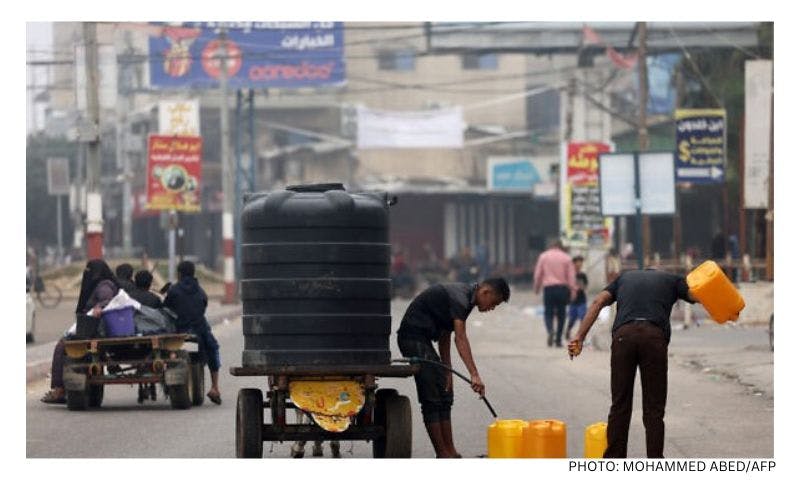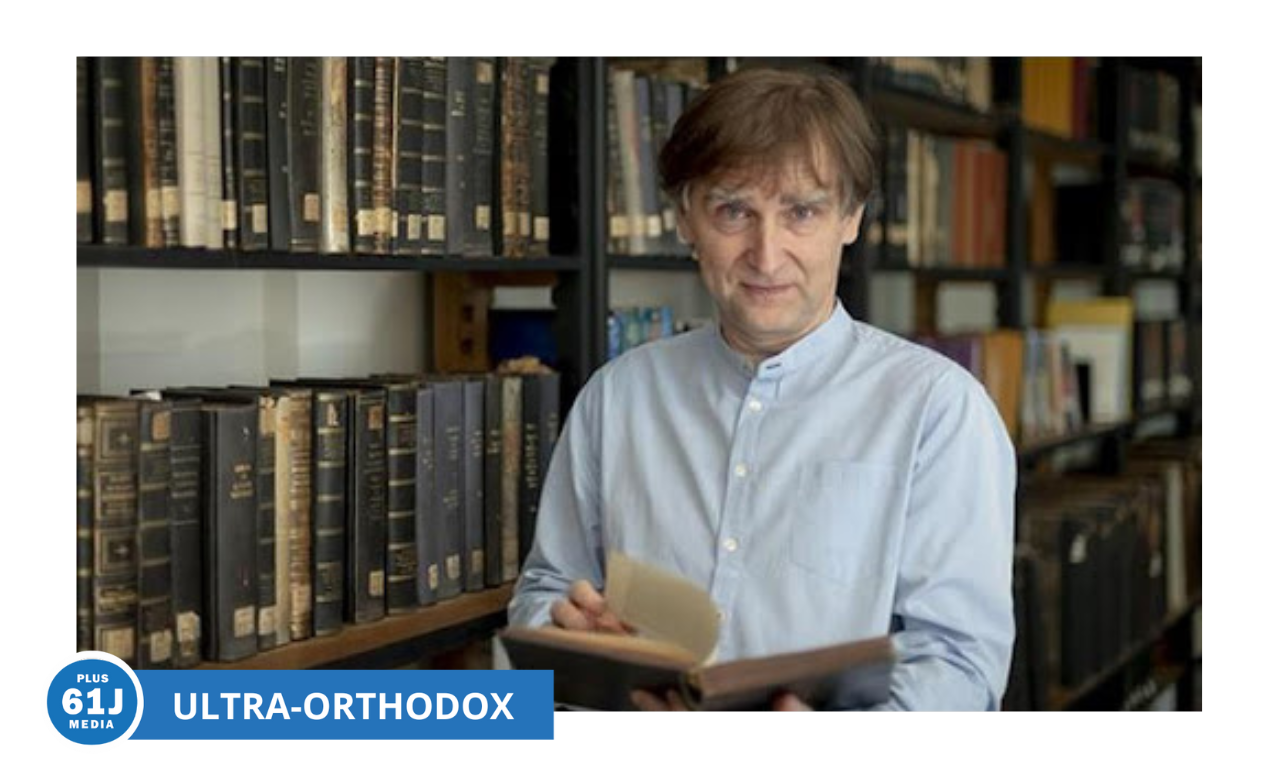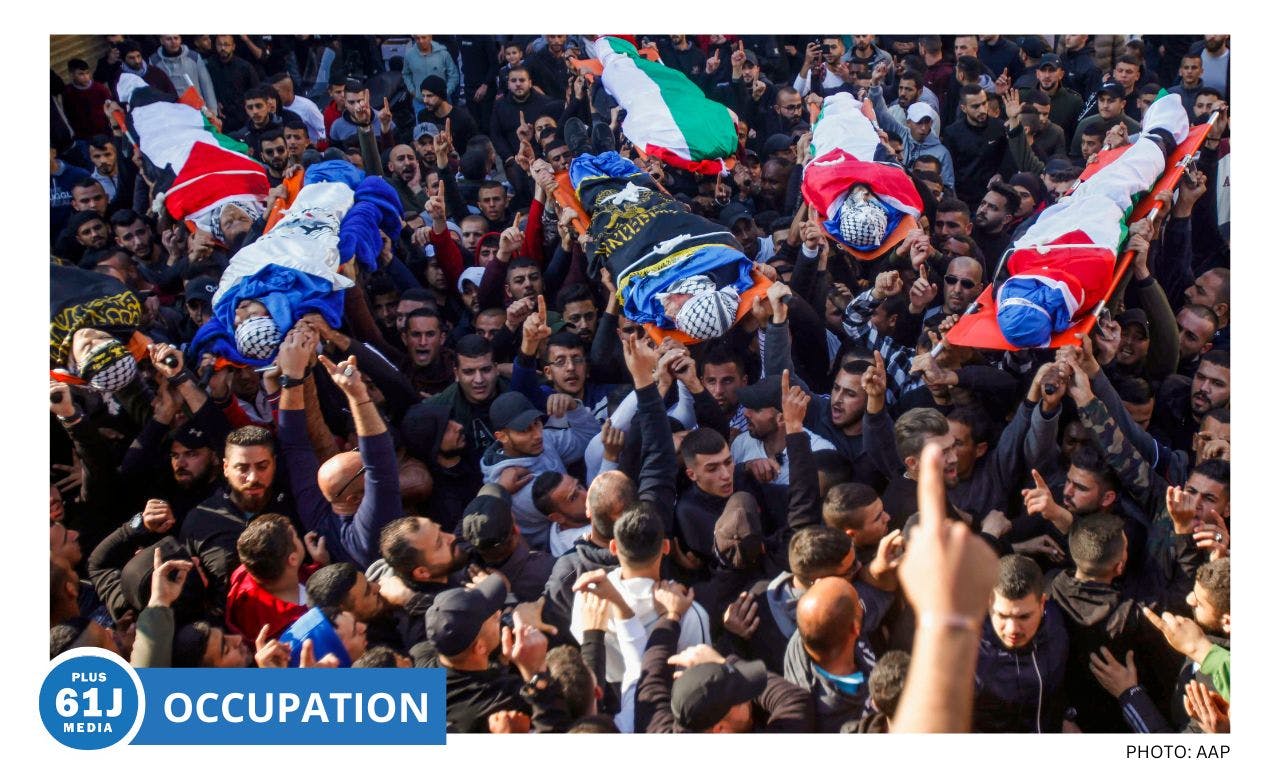Published: 25 September 2020
Last updated: 4 March 2024
WHEN WAS IT, the last time, at sundown, that we sat close together at the table, all of us, Buba and Zaida, our daughter and her partner, our son, our good friend who came to Shabes dinner every week? And of course, our grandson, who could not wait for the candle lighting and the prayer before the wine and the prayer that our son recited holding the challah he had baked that afternoon; the challah warm and sweet smelling, our son’s face open, smiling, in anticipation of our reaction to this week’s offering?
I remember how, on that last time before the plague came, our grandson stood in front of his uncle, pressed against his uncle’s body. I remember how we sat together, almost touching, Buba and Zaida and we each in turn—and sometimes at the same time- reached out to touch our grandson, his cheek, his hair, his hands. I remember how our friend ate his piece of challah and as he did every week, pronounced it the best he had ever tasted.
There is more that I remember about that last Shabes dinner and the memories are more vivid as time goes by, but time has also vanished, sequential time that is, so that I can only say that our last pre-plague Shabes dinner exists in my memory somewhere outside of time, like an ever-more vivid dream.
We are into the fourth week of a lockdown in Melbourne - stage four they call it - in which visits to homes by even the closest family members is forbidden. I am writing this on Friday afternoon. It is still winter and soon, it will be time for the candles to be lit and the wine to be poured and the challah - which our son has baked and which he has delivered to our front door - to be blessed.
He has also baked a challah for his sister and her partner, too, and a small bear-shaped challah for his nephew who no doubt will be waiting outside his front door for his uncle to arrive.
They will stand apart and he will reach out to take his bear challah and they will stand like that, apart for a minute and perhaps sing ‘ding dong the witch is dead’—his favourite song at the moment— and then our grandson will turn and go back inside. He is four years old. I wonder whether he remembers that last pre-plague Shabes dinner, at Buba and Zaida’s place?
I am not a religious Jew and I do not wrestle with God about the meaning of this plague, but I do wonder when Jewish life – the sort of Jewish life that like mine, is family and community based - will be possible again.
Though Rosh Hashonah is still three weeks away, I have spent the morning searching the web for kosher butchers that take online orders and that deliver - I no longer go out shopping. I want some calf’s liver so that I can make hand-made chopped liver and I want a veal brisket with bones left, in which is my wife’s Yontev speciality.
I have also searched for fishmongers that can deliver the minced fish we need—several varieties of perch—for gefilte fish and eight cutlets of snapper perhaps or if they have it, Murray Perch for sweet cooked fish. I want the heads as well, for the fish yorch. For us, there can be no Yontev without home-made gefilte fish.
This is how I have passed the hours before Shabes, online searching for Yontev food. Soon we will celebrate the coming of Shabes our family and our old friend, each in our separate homes, connected with each other in some sort of digital reality which collapses time and space and in which our senses, smell and touch in particular, are frustrated, inhumanly denied a role in this gathering of family for Shabes, which for Jews like us who hardly ever go to shul, nevertheless ties us to the Jewish people and to Jewish history and to our Jewish ancestors.
I am not a religious Jew though I do not describe myself as secular either, but until the coming of this plague, I have never fully understood, not consciously, not in any examined way, how much of my sense of being a Jew is tied up with the rituals of our weekly Friday night Shabes dinners, the celebration of the Yomtoyvim that always includes the elaborate preparation of the Yontev food, especially at Pesach and Rosh Hashonah, the lighting, as a family, together, of the yortzeyt candles for our dead parents and other family members.
In this time of plague, none of this is possible. These things are denied me, these things that are my deepest expressions of what it means to me to be a Jew—these rituals and celebrations and times of sorrow that connect me to my family and to my long dead parents and to my ancestors and to my Jewish history.
I am not a religious Jew and I do not wrestle with God about the meaning of this plague, but I do wonder when Jewish life – the sort of Jewish life that like mine, is family and community based - will be possible again.
I wonder whether the plague, even when it is tamed, will have forced permanent changes to the way we once did Shabes, celebrated Yontev, the way we touched and hugged and kissed and shared food and wine.
It is time now to prepare for Shabes. My son is a few minutes away with the challah. I shall now put on my mask and wait for him at the front door. Dusk has arrived.
Illustration: Avi Katz




